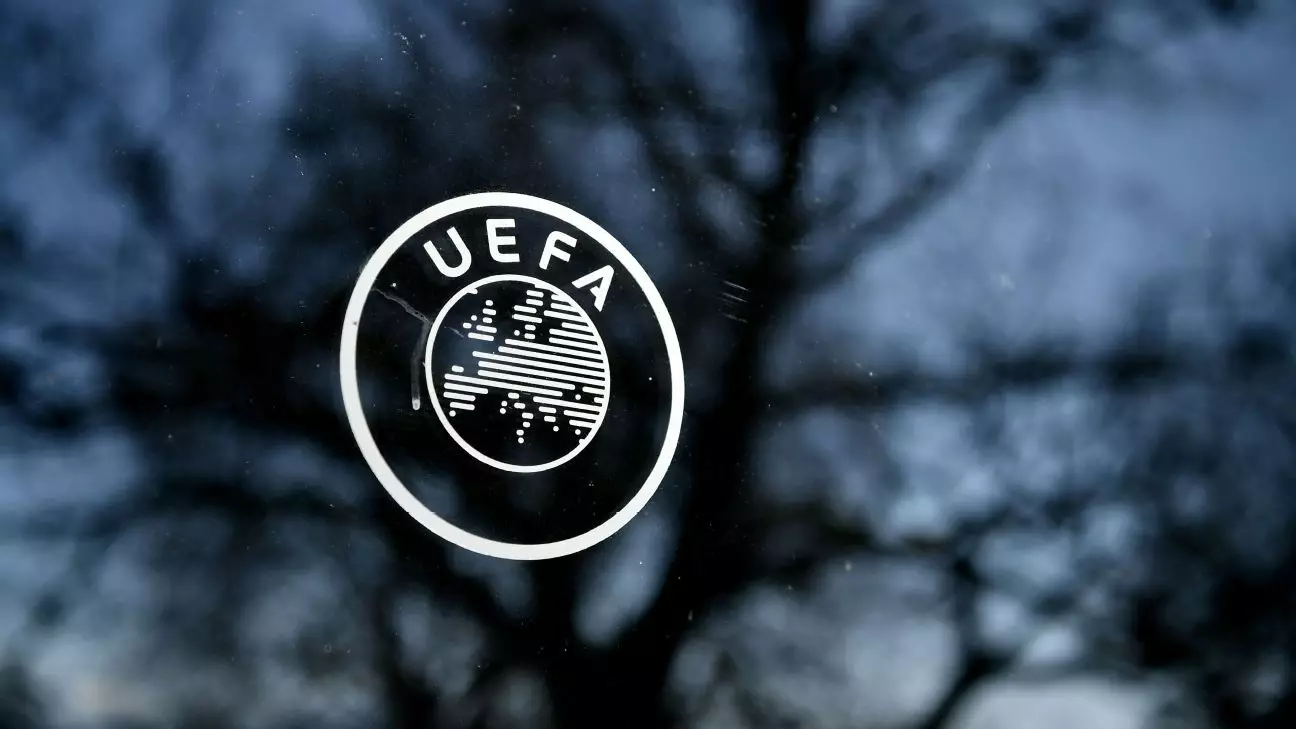In an unprecedented move, UEFA has welcomed the professional footballers’ union, FIFPRO Europe, to its executive committee. This strategic alliance marks a significant turning point in the landscape of European football, aiming to amplify player voices and address pressing issues such as the increasingly congested match calendar. As the demands on footballers continue to escalate, this collaboration could herald a new chapter in the decision-making processes that impact players directly.
The initiative comes in the wake of mounting criticism from prominent players about their grueling schedules. Stars such as Ballon d’Or winner Rodri have voiced their concerns, even hinting at potential strikes due to the overwhelming number of matches they are required to play. The announcement of this agreement between UEFA and FIFPRO Europe underscores the pressing need to reconsider how the game is structured to prioritize player welfare. UEFA President Aleksander Ceferin emphasized this perspective, stating, “Players are at the heart of football, and their perspectives must shape the decisions taken.” This recognition of player input at the executive level signifies a commitment to inclusivity within the sport.
The three-year agreement includes crucial stipulations that will ensure FIFPRO Europe’s involvement in discussions regarding player employment conditions and the future of competition reforms. This development is particularly relevant considering the formal complaint lodged by FIFPRO Europe with the European Commission, which alleges that FIFA has breached EU competition laws through its unilateral decisions to expand tournaments without adequate consultation. These legal challenges against FIFA underscore the necessity for better governance structures that include all stakeholders, particularly those whose careers are directly affected by these choices.
Shifts in European Football Governance Structure
Historically, UEFA has faced scrutiny for its decision-making processes, especially concerning the expansion of tournament formats that lead to players facing more fixtures and heightened risk of injuries. UEFA’s recent adjustments to its Champions League and Europa League protocols, which now require clubs to play as many as 10 games in the group stages, were influenced by the elite clubs’ desire for greater financial rewards and exposure. This new agreement with FIFPRO Europe demonstrates not only a response to player advocacy but also serves as an acknowledgment of the shifting power dynamics in football governance.
In addition to the integration of FIFPRO Europe’s representative into the UEFA Executive Committee, UEFA has committed to establishing a Professional Players’ Advisory Forum. This forum will invite “active players and player representatives” to the table, with its inaugural meeting scheduled for December. This proactive approach will allow for ongoing dialogue between the governing body and those who experience the game firsthand, facilitating a culture of collaboration that has been sorely needed in the sport.
The recent actions taken by UEFA and FIFA indicate a broader trend toward more inclusive decision-making frameworks in response to external pressures, specifically legal rulings that have challenged the traditional structures of power within football governance. The stake that clubs such as Real Madrid and Barcelona have in promoting a Super League underscores the necessity for governing bodies to adapt and make room for diverse interests. This new agreement signifies that player welfare and perspectives will no longer be sidelined but rather incorporated into the core discussions of football’s future.
FIFPRO Europe President David Terrier characterized this new agreement as a “hugely positive milestone for professional players across Europe.” By enhancing the role of players in governing structures, there is potential for profound changes that prioritize the welfare and interests of those who dedicate their lives to the sport. As the football landscape continues to evolve, creating inclusive systems for player representation may not only ensure better working conditions but also contribute to the overall health of the game itself. Recognizing and valuing player input in this manner could be key to safeguarding the future of football as a sport that champions the voices of all its stakeholders.

